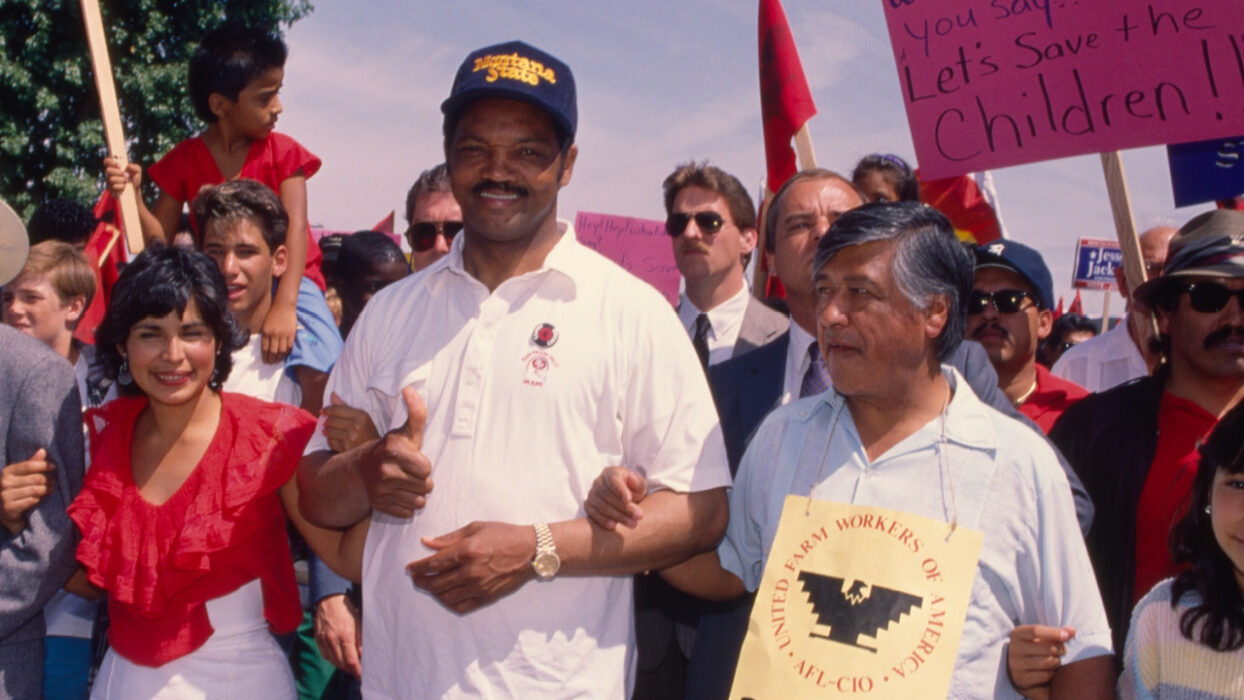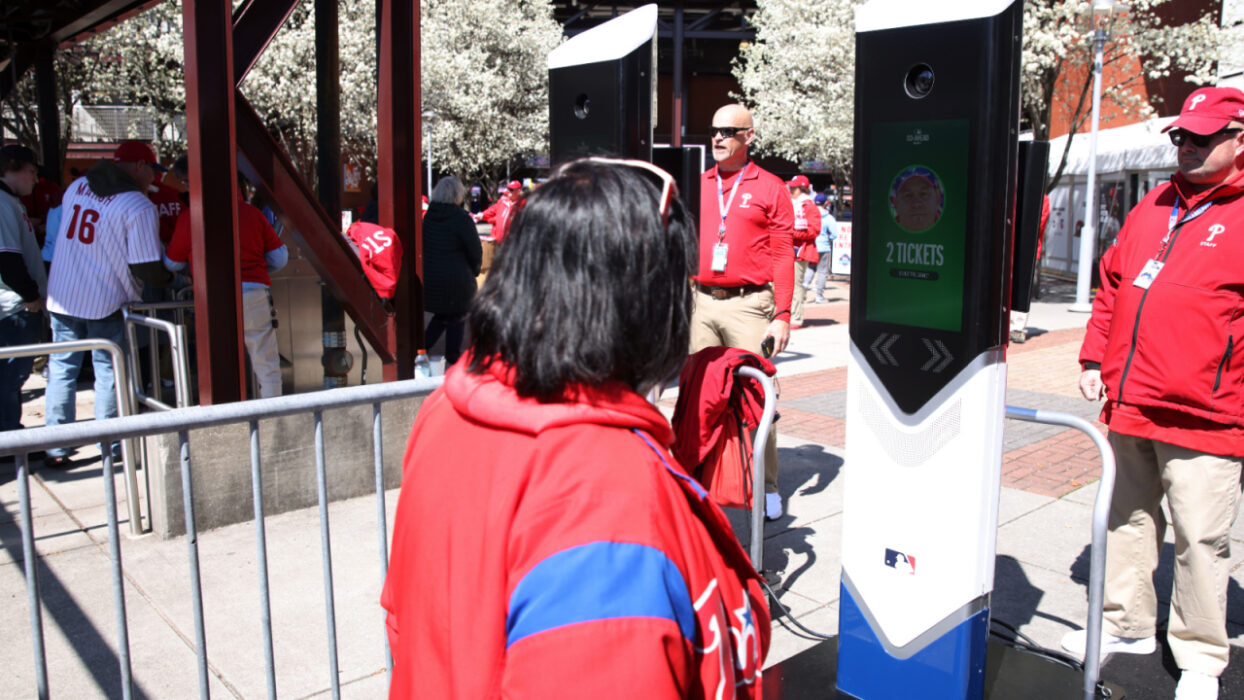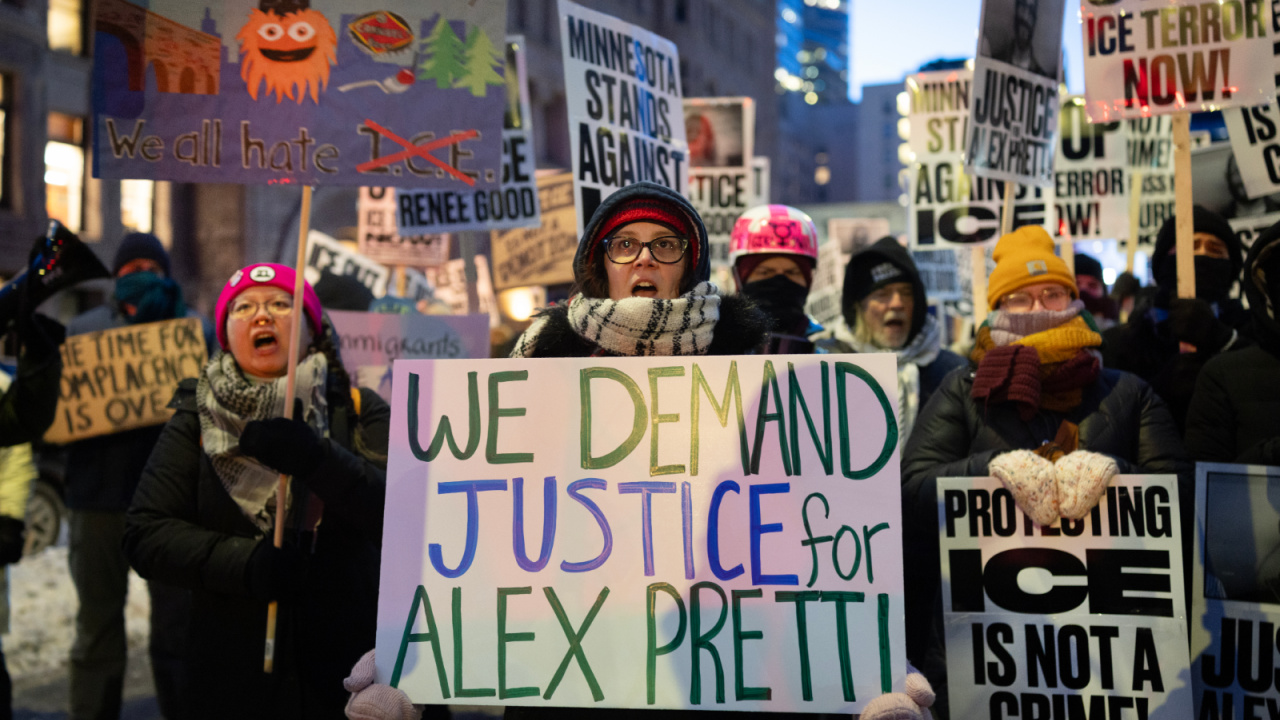
American Foundation for Suicide Prevention Forms Newest Chapter in Puerto Rico
The enchanting island of Puerto Rico continues to prove its resilience after Hurricane Maria, the pandemic and a myriad of political problems.
Such a small island — home to many of my family members — has endured a series of tragedies in less than five years. But even the strong need support in dark times. And when thoughts as serious as suicide occur, it is often unspoken about.
According to a 2018 study published by the Centers for Disease Control and Prevention, suicide is the second highest rate of violent death in Puerto Rico after homicide. Hurricane Maria devastated Puerto Rico in September 2017, accounting for suicide increases due to effects such as poverty, deaths, homelessness and billions of dollars in agricultural losses and damages.
To address the unique mental health needs of Puerto Ricans and provide the needed support in that area for those affected by suicide, the American Foundation for Suicide Prevention (AFSP), the largest suicide prevention organization in the U.S., formed its newest chapter in Puerto Rico.
Having officially launched in April of this year, AFSP’s ongoing efforts include community-based presentations, events and providing media with guidelines as how to responsibly cover news involving suicide. Overall, their goal is to increase mental health and suicide prevention education in Spanish-speaking and Latinx communities.
One of their first targets in Puerto Rico are churches.
In many religions, suicide is considered a sin. This causes the topic to be taboo in many churches and religious households; oftentimes, even if someone they knew died by suicide.
Denisse Lamas, founder of Hispanic Family Counseling, Inc and chair of AFSP National Board & Chapter Leadership Council Diversity Workgroup, told mitú: “Pastors play a big role in how people perceive religion and faith. And faith is really important, but faith cannot oversee signs… so, we work with faith leaders to make sure science is taken into consideration and to make sure people have help. At the end of the day, we all want the same thing — we want to save lives.”
So far, AFSP has spoken to several churches in Puerto Rico as part of their Talk Save Lives initiative, an introductory, community-based education program with a focus on suicide prevention 101. The program has presentations designed specifically for churches, but also workplaces, correctional facilities, senior centers and another major priority in the new chapter — the LGBTQ+ community.
Suicide risks are higher among those in the LGBTQ+ community due to bullying, family rejection and not being accepted by society. And no country is immune to hate.
In 2020, two transgender women were burned alive in Puerto Rico. According to the New York Times, outraged activists said the killings were part of a disturbing history of violence against LGBTQ+ people on the island.
At the time of April 2020, Puerto Rico experienced at least 10 killings of LGBTQ+ people in 15 months. Puerto Rico even declared an emergency declaration amid the continuing violence.
“We want to save lives regardless of who they are, where they are coming from, religion, background, sexual orientation, gender, it doesn’t matter… we want to save lives,” Lamas said to mitú. “We are an organization that understands that LGBTQA are people who are at higher risk. So we want to reach them. We want to protect them. But we know that it’s going to be a challenge because of the culture.”
AFSP’s presentations of Talk Save Lives: An Introduction to Suicide Prevention in the LGBTQ community, along with other types of trainings based on LGBTQ+ suicide prevention education, are just the beginnings of their work.
Suicide behaviors are another element to the conversations. According to the CDC, suicide behaviors have grown among Hispanics in the last decade, especially with females and the youth. Lamas says there is “a lack of research” for the possible reasons of increased suicidal behaviors in Puerto Rico, which AFSP will strive to change.
However, what is known by evidence and research, she says, “Suicide does not happen for one reason… it’s a combination of factors.” They can be environmental, biological or both.
Environmental causes can include being bullied, losing a loved one, being heartbroken over a divorce or break-up, losing a job or losing a home. Sometimes, people who never had a trace of mental health issues can die by suicide — for example, after being bullied one too many times or after a tragic event.
Biological reasons for suicide aren’t always as obvious from the outside as the environmental ones. Biologically, someone dealing with clinical depression, bipolar disorder or borderline personality disorder can trace the illness as a partial cause to their suicidal thoughts. But we can’t always recognize if someone has mental health issues causing suicidal thoughts because very often, they are high functioning in society and/or are very good at hiding what they feel.
“When somebody wants to die by suicide, they have so much pain inside that they feel that they feel they cannot handle it anymore,” says Lamas. “In those 10 minutes someone is thinking that they want to die, we have to be very careful and strategic as to how to help that person who is ambivalent about wanting to live or die. Usually they don’t want to die. They just have so much pain and can’t deal with that burden anymore.”
With AFSP’s investments in research, we will learn about the leading causes behind suicide, and the health and social solutions that work to implement strategies within Puerto Rico to prevent suicide on the island.
If someone you know might be considering suicide, the American Foundation of Suicide Prevention offers these tips:
- Talk to them in private.
- Listen to their story.
- Tell them you care about them.
- Ask directly if they are thinking about suicide.
- Encourage them to seek treatment or contact their doctor or therapist.
- Avoid debating the value of life, minimizing their problems or giving advice.
If you are considering suicide, call 800-273-8255 or text TALK to 741741.
To donate, become a volunteer or learn more about the American Foundation for Suicide Prevention’s Puerto Rico chapter, visit AFSP.org/PuertoRico or their social media channels @afspnational, including Facebook, Instagram, Twitter, Tik Tok, and YouTube.
This article has been edited for accuracy.




